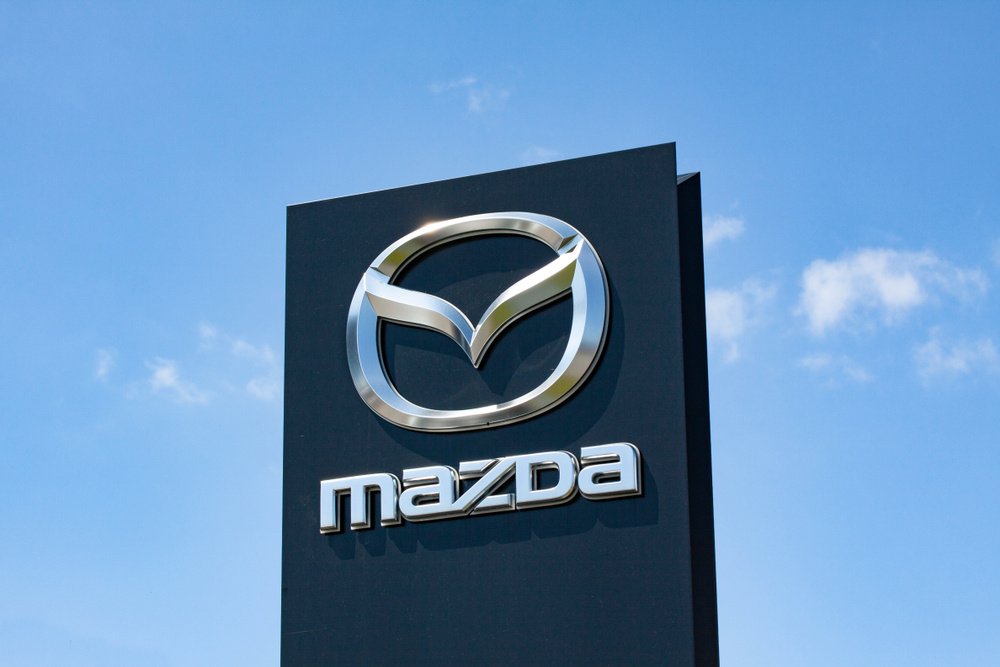Automaker Mazda Motor Corp has partnered with Japanese battery supplier Envision AESC and targets to invest $10.6 billion (JPY 1.5 trillion) over eight years to purchase electric vehicle (EV) batteries as part of its plan to complete the electrification of all vehicle models by 2030, the company said Tuesday.
The investment plan by Mazda comes in the wake of similar plans made this year by local competitors Toyota and Honda, which have been under fire from environmentalists and green investors for being reluctant to adopt electrification.
In its mid-term management plan released Tuesday, the Japanese automaker has set out a three-phase electrification strategy to be implemented by 2030, the second of which focuses on introducing EV-dedicated vehicles in China, the biggest car market worldwide, as well as launching battery-run EVs (BEVs) globally. In the third phase, Mazda aims to invest in battery production.
The company estimated its global sales EV ratio to increase to 25% and 40% as of 2030. It also targets $317.36 billion in net sales by 2026, up nearly 45% from 2022, the company said.
Mazda also said Tuesday it had signed a collaborative agreement to work with seven Japanese companies, including Imasen Electric Industrial and HIROTEC Corp, on a range of electrification-related research projects, including developing and producing electric drive units (EDUs).
As an initial step, the Japanese automaker partnered on August 10 with Ondo, Hiroshima Aluminum Industry, and HIROTEC to create a $70,524 joint venture, according to the statement. The joint venture will be responsible for developing the production technology necessary for manufacturing EDUs, considered a crucial part of vehicle electrification, and creating the systems needed for producing and supplying those units.
Meanwhile, Mazda will collaborate with local suppliers in the Chugoku region to build and improve the infrastructure needed for manufacturing EDUs.
On August 25, Mazda also established a joint venture with Imasen to develop inverters and production technology for components such as circuit boards, while signing a joint development agreement with Fukuta to develop advanced technologies for motors, and establishing a $282,098 joint venture company with Chuo Kaseihin and Fukuta toward the same end on August 12.
Also, Mazda has concluded a joint development agreement with Imasen and semiconductor company ROHM for the development of inverters containing silicon carbide (SiC) power semiconductors, one of the core parts of an EDU.
"Through the above initiatives, Mazda aims to make solid progress towards the goal of achieving carbon neutral across our entire supply chain by 2050," the company said.











